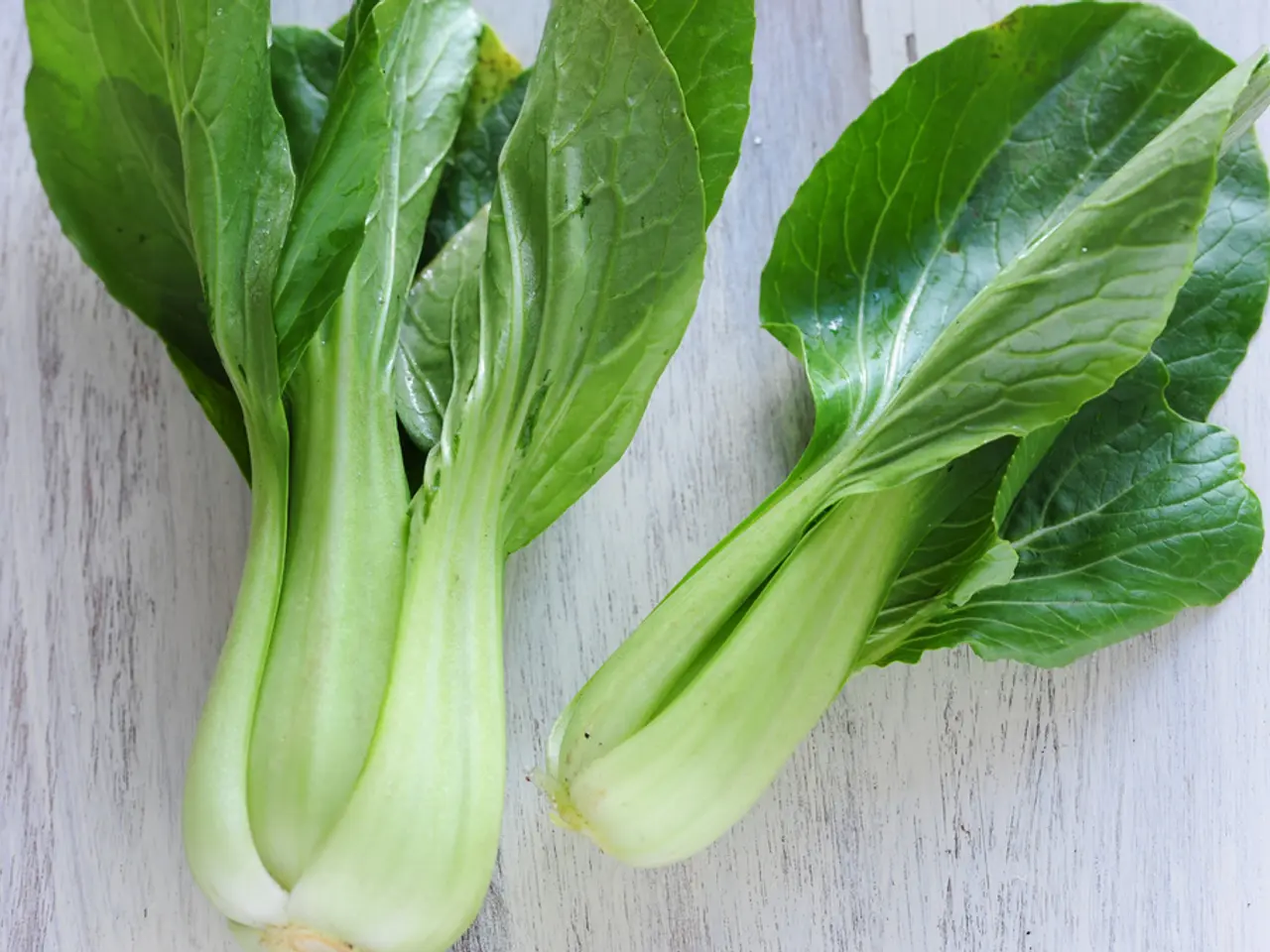Common Errors in Vegetable Gardening That May Cause Plant Death
Improving Your Vegetable Garden: Common Mistakes and Solutions
A flourishing vegetable garden is within reach for every gardener, but it requires careful planning and attention to detail. Here are some common mistakes to avoid and steps to correct them:
Common Mistakes and Fixes
1. Planting Incorrectly
- Error: Planting crops at the wrong depth or too close together.
- Fix: Ensure that you plant crops at the correct depth, as indicated on seed packets or plant labels. Also, make sure to provide adequate space for growth, with different vegetables requiring varying amounts of separation[1][2].
2. Overwatering or Underwatering
- Error: Not maintaining a consistent watering schedule.
- Fix: Establish a watering schedule based on climate conditions. Aim for about 1-2 inches of water per week, divided into a few deep sessions[3]. Avoid overhead watering to prevent diseases[1].
3. Choosing the Wrong Vegetables
- Error: Planting vegetables that are not suitable for the climate and season.
- Fix: Learn about the optimal planting times for your climate and region. Check local gardening resources for specific advice on when to plant each type of vegetable[4][5].
4. Ignoring Soil Health
- Error: Not testing or improving soil pH and nutrient levels.
- Fix: Test your soil regularly. Add organic matter like compost to improve soil structure and fertility. Use garden sulfur or lime to adjust pH as needed[1][5].
5. Overcrowding
- Error: Too many plants in a small space, leading to reduced air circulation and competition for nutrients.
- Fix: Follow spacing guidelines on seed packets and plant labels to ensure adequate space for growth[1][3].
6. Planting at the Wrong Time
- Error: Planting out of season.
- Fix: Choose vegetables that mature better in the cool seasons when planting too early or late[6].
7. Lack of Mulching and Maintenance
- Error: Not mulching or regularly maintaining the garden.
- Fix: Mulch the garden to retain moisture and suppress weeds. Regularly spend time in the garden to monitor plant health and address issues early[3].
8. Not Harvesting Often Enough
- Error: Letting vegetables overgrow or go to seed.
- Fix: Regularly harvest your vegetables to encourage continuous growth and prevent plants from using energy for seed production[3].
Preventing Mistakes
- Research and Planning: Before starting, research your specific climate and soil conditions, and plan your garden layout carefully[4][5].
- Stay Informed: Consult local gardening experts or resources for specific advice on managing your garden[5].
Additional Tips
- Weeding: Weed at least once a week to catch weeds when they're younger and easier to pull out[8].
- Mulching: Mulch vegetable plants with two to three inches of mulch around them to help retain moisture and regulate soil temperature[16].
- Starting Small: For newer gardeners, planting just one or two vegetables at a time can help manage the garden and improve production[19].
- Pest Management: Ignoring pests in the garden can lead to damage and stunted vegetable growth. Common summertime culprits include aphids, caterpillars, beetles, and mites[15].
- Avoid Over-mulching and Over-fertilizing: Over-mulching can suffocate plants by preventing adequate air circulation and water penetration, while over-fertilizing can create an imbalance of nutrients and make soil too salty, potentially hindering vegetable growth[17][11].
By recognizing these common mistakes and taking corrective actions, you can significantly improve the health and productivity of your vegetable garden. Happy gardening!
[1] Garden Myths: Debunked [2] Watering Vegetables [3] Grow Your Own: Vegetables [4] Gardening for Beginners [5] Gardening Advice [6] Choosing Vegetables for Cool Seasons [15] Pest Control [16] Mulching Vegetables [17] Over-Mulching [18] Space Requirements for Vegetables [19] Starting Small [20] Planting Out of Season
- In the process of planting vegetables, it's crucial to adhere to the suggested planting depth and space for growth to prevent incorrect planting.
- Decorate your home-and-garden lifestyle with an organic touch by incorporating organic matter like compost into your garden soil to improve its structure and fertility.
- When planning your vegetable garden, be mindful of the climate and season in order to choose vegetables that are suitable for your region and time of year.
- In addition to weeding and harvesting regularly, mulching the garden can help in retaining moisture, suppressing weeds, and maintaining ideal soil temperature for healthy plant growth.





